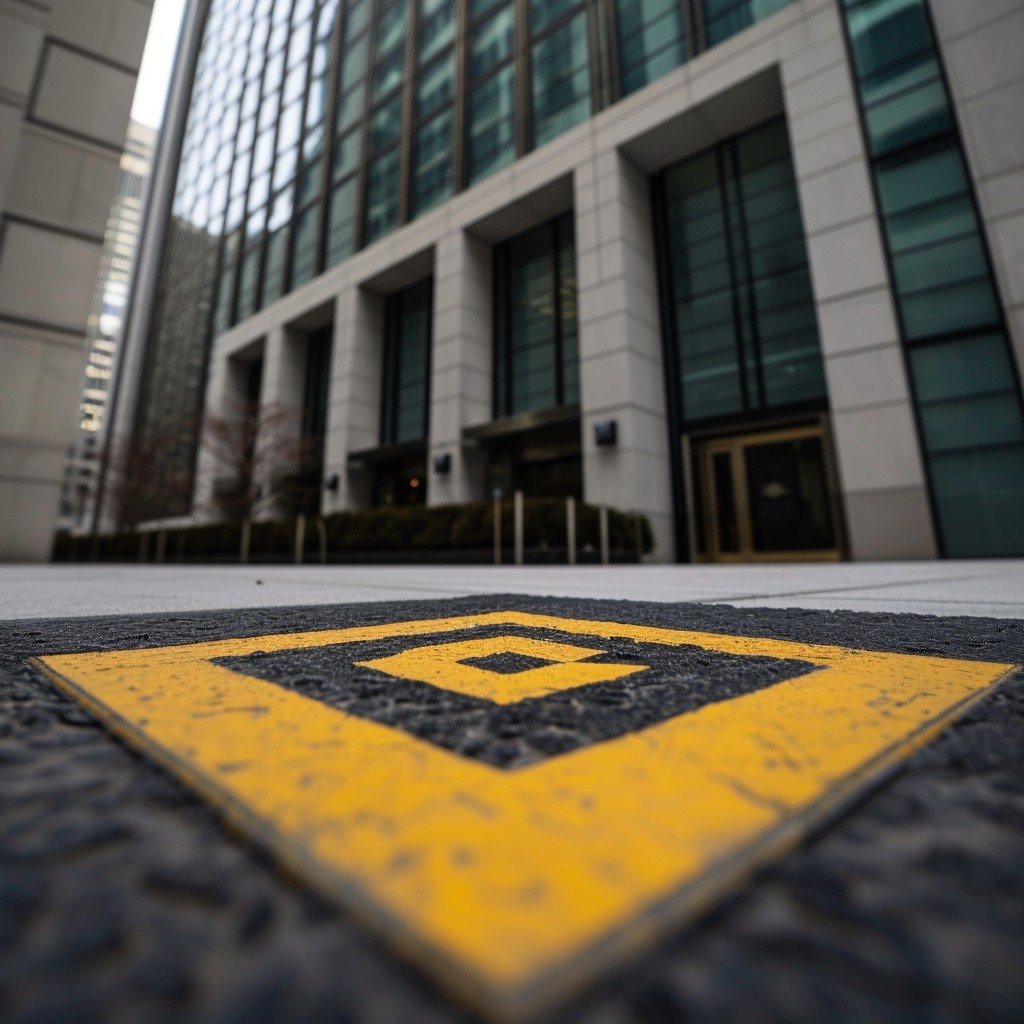Binance, one of the world’s largest crypto exchanges, has embarked on a pivotal legal battle against the U.S. Securities and Exchange Commission (SEC) in a landmark legal development. The oral arguments mark a significant chapter in the ongoing litigation that has captivated the crypto and financial communities alike.
The SEC, a regulatory body overseeing securities laws in the United States, raised concerns and filed a lawsuit against Binance, alleging violations that touch upon critical aspects of the crypto market. The exchange, known for its global presence and extensive array of supported digital assets, has vehemently contested the allegations, setting the stage for a high-stakes legal showdown.
Binance takes on the SEC with oral arguments
According to a Reuters report, on Monday, oral arguments commenced between the U.S. Securities and Exchange Commission and the largest crypto exchange in the world, Binance. This high-profile case has the potential to shape the regulatory landscape of cryptocurrencies. The proceedings were presided over by a federal judge in Washington, D.C.
Binance has petitioned federal Judge Amy Berman Jackson to discharge the SEC lawsuit alleging the company violated its regulations. On Monday, Binance is scheduled to present its case for dismissal before Jackson. The lawsuit is one of the final significant legal challenges Binance faces in the United States.
As a result of illegal financial breaches, Binance reached a settlement with the Department of Justice and the Commodity Futures Trading Commission last year, wherein founder Chanpeng Zhao admitted culpability for violating anti-money laundering laws in the United States—the settlement valued at $4.3 billion. However, the SEC’s case against the exchange remains pending.
In June, Binance, Zhao, and the exchange’s U.S. division were charged by the SEC with conspiring to manipulate trading volumes, divert customer funds, fail to restrict access to its platform for U.S. customers, and mislead investors regarding market surveillance controls.
The regulator also accused Binance of illegally facilitating the trading of several crypto tokens that the SEC considered unregistered securities.
The Judge in charge of the case remains receptive
Judge Jackson stated in a minute order dated January 18 in the U.S. District Court for the District of Columbia that she would be receptive to arguments regarding the SEC’s treatment of cryptocurrencies in light of existing legal and regulatory frameworks.
The SEC’s allegations that staking could be considered a security and the question of “whether a digital asset remains a security in perpetuity” will be discussed by the attorneys for Binance.US.
The Court intends to hear argument on [whether an investment contract must involve a contractual undertaking and] whether the SEC ‘misunderstands the meaning of “scheme” in Howey,’ from one defense attorney only.
Similarly, although both memoranda address the major questions doctrine, and both raise background questions about whether litigation is the appropriate way for the SEC to proceed to oversee the crypto industry at all, one attorney should be assigned to argue that issue for the defense.
Judge Amy Berman Jackson
The Howey test has been the SEC’s criteria for assessing what constitutes a security: whether an asset fulfills the definition of an investment contract. Judge Jackson raised the matter, expecting it would be addressed in Binance’s case involving tokens such as BNB and Binance USD (BUSD). It is not known when both parties will submit their positions on the topic.
In many of its legal cases against US crypto companies, the SEC has contended that tokens generally qualify as securities and are regulated by the commission rather than the Commodity Futures Trading Commission.
In July 2023, a judge overseeing the SEC’s action against Ripple determined that the XRP coin was not a security for programmatic sales on digital asset exchanges.
Since the Ripple ruling, Coinbase’s attorneys, who were also defendants in an SEC lawsuit, filed a motion to dismiss in August 2023, citing precedent from the case. In other instances, the SEC has opposed, contending in its lawsuit against Terraform Labs and Do Kwon that it was a “legal question” for a court to determine whether particular tokens constituted securities and not “a factual question for the jury.”
Land a High-Paying Web3 Job in 90 Days: The Ultimate Roadmap
 Binance
Binance